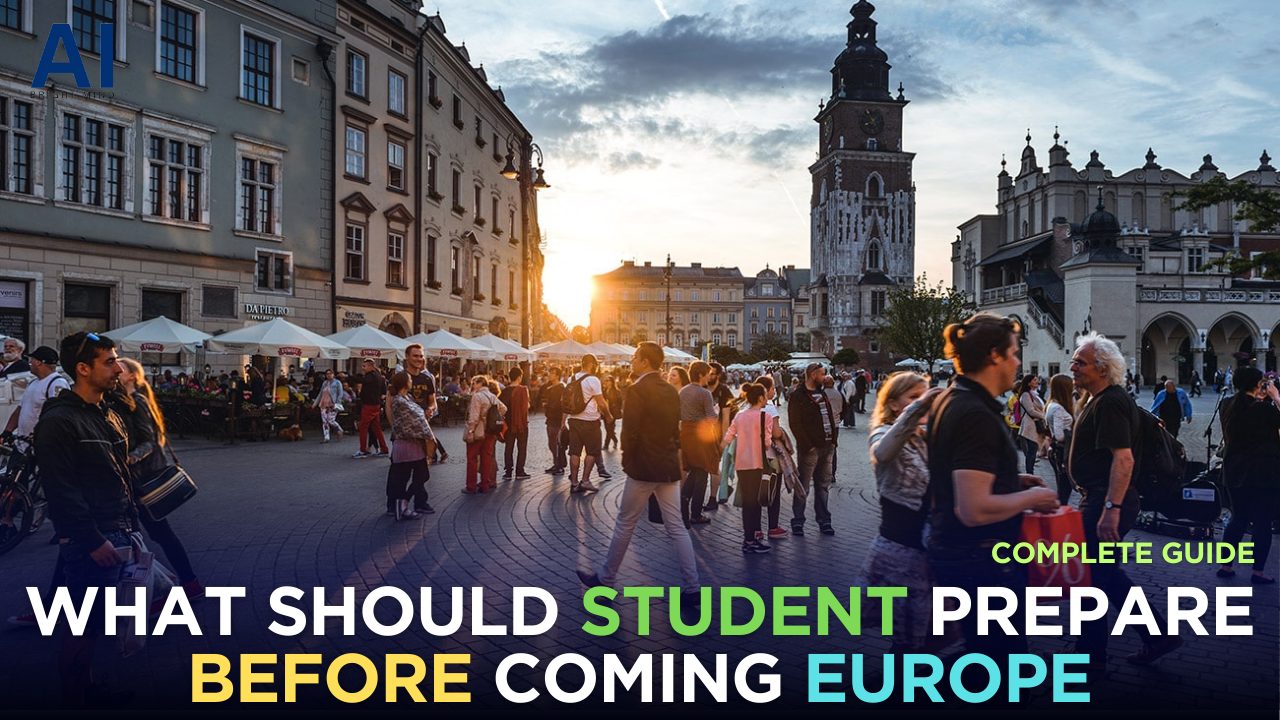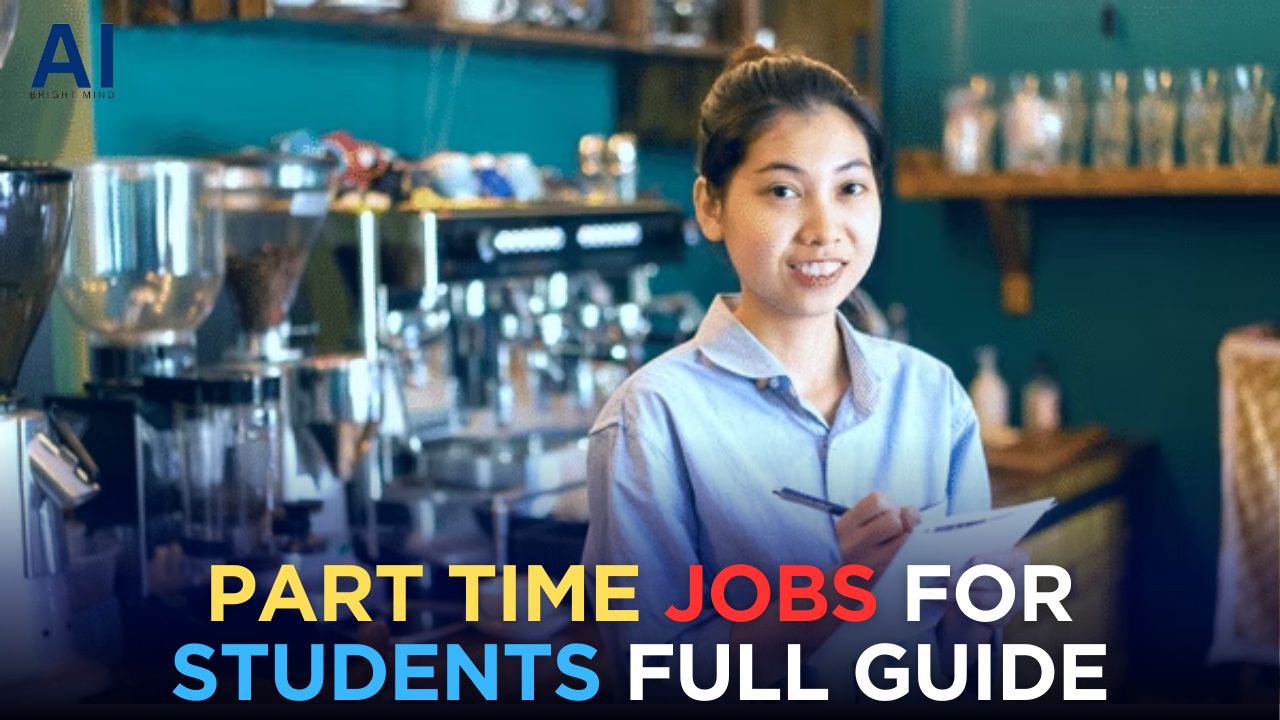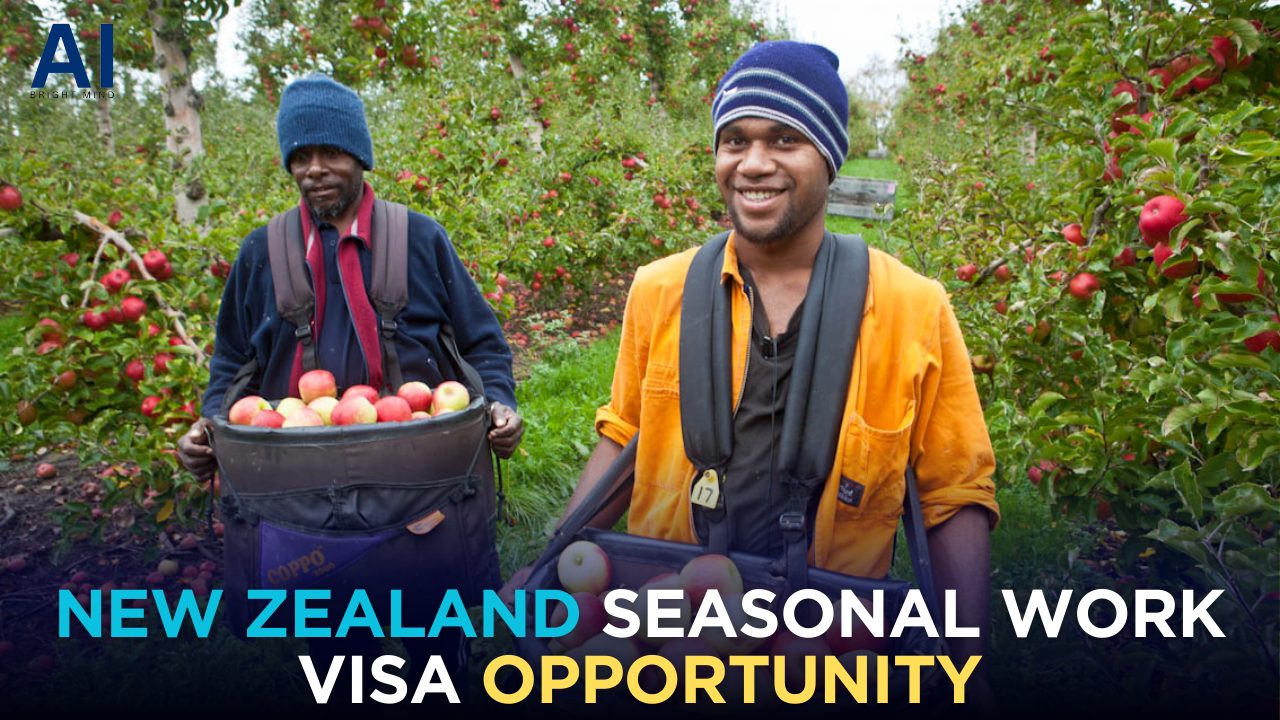Many students get approved for their F‑1 visa or Any Study Visa but face issues during airport entry. A few honest answers or small mistakes can lead to serious travel delays or even denial.
✅ Why This Happens
- Entry officers can refuse or detain travelers who raise doubts about their intentions or documentation, even after visa approval The Financial Express
- Inconsistencies between your DS‑160 form, I‑20, and verbal answers may raise red flags Shorelight+1
🗂️ Must-Have Documents to Keep Handy
Keep these neatly organized in your carry-on for quick access: These documents are only for F1 Visa but for your study visa keep your necessary doucments in your hand.
- Passport with F‑1 visa stamp
- I‑20 form (signed and dated)
- SEVIS fee receipt (I‑901)
- DS‑160 confirmation page
- Admission letter or university documents
- Financial proof: bank statements, sponsor letters
- Evidence of ties to home country: family, property, employment
💬 Questions You Might Face & How to Answer
At the port of entry, U.S. CBP or Visa officers may ask the following:
🎓 Study Intent
- Q: What is the purpose of your visit?
A: “I’m here to pursue [Program Name] at [University].” - Q: Why did you choose this school/campus?
A: Give honest reason — maybe professor expertise, faculty ratio, or campus focus — like the approved student who explained why they chose Northeastern’s particular campus The Financial Express
👨💰 Financials
- Q: How are you funding your studies?
A: Mention scholarship, student loan, and your sponsor’s support. One student noted a $100K loan with $6K scholarship and stable co-sponsor backing The Financial Express - Q: Did you take the loan just to show funds?
A: Explain your fund strategy honestly — like the student in Delhi who clarified their financial plan to the officer YouTube
🏛️ Plans After Graduation
- Q: What are your post-study plans? Where do you plan to return after graduation?
A: Be clear about your intentions — mention career or family ties and future goals back home. Officers look for confidence and clarity ISO+4Shorelight
🏠 Family & Previous Visits
- Q: Have family members visited the U.S.?
A: If yes, provide their simple background and previous visits. If no, say honestly Stilt+4The Financial Express
🚫 What Not to Say
- Do not argue or sound defensive
- Avoid vague answers like: “I’m just exploring”
- Never lie about finances or academic plans
- Do not carry items or mention immigration intentions
⚖️ Tips to Stay Safe and Prepared
- When you reach At Officer station where officer demand for documents, Say Hello (greetings) and provide the file.
- Speak clearly and calmly
- Keep answers concise and direct — avoid long stories The Financial ExpressAmerican University
- Ask “Could you please clarify?” if you don’t understand
- If asked to move to secondary inspection — stay calm. It’s routine for review and not an automatic denial YouTube
- Keep Your Original Documents in your Handbag to provide all original documents on airport upon ask.
- Sometimes they ask questionour of studies scope, then simply say I am not Sure. Do not explain wrong answer because every question is not necessary to answer if you do not know the right answer.
Make sure your documents file should be arranged. - Never hesitiate or nervous & avoid any abnormal physical movements which lead to confuse visa officer on your body language.
I hope these are tips from my side and some webistes i took the data from. If you have any tip please comment below to help students worldwide. Your contribution can help others to pursue career.
Have a Safe trip!










0 Comments